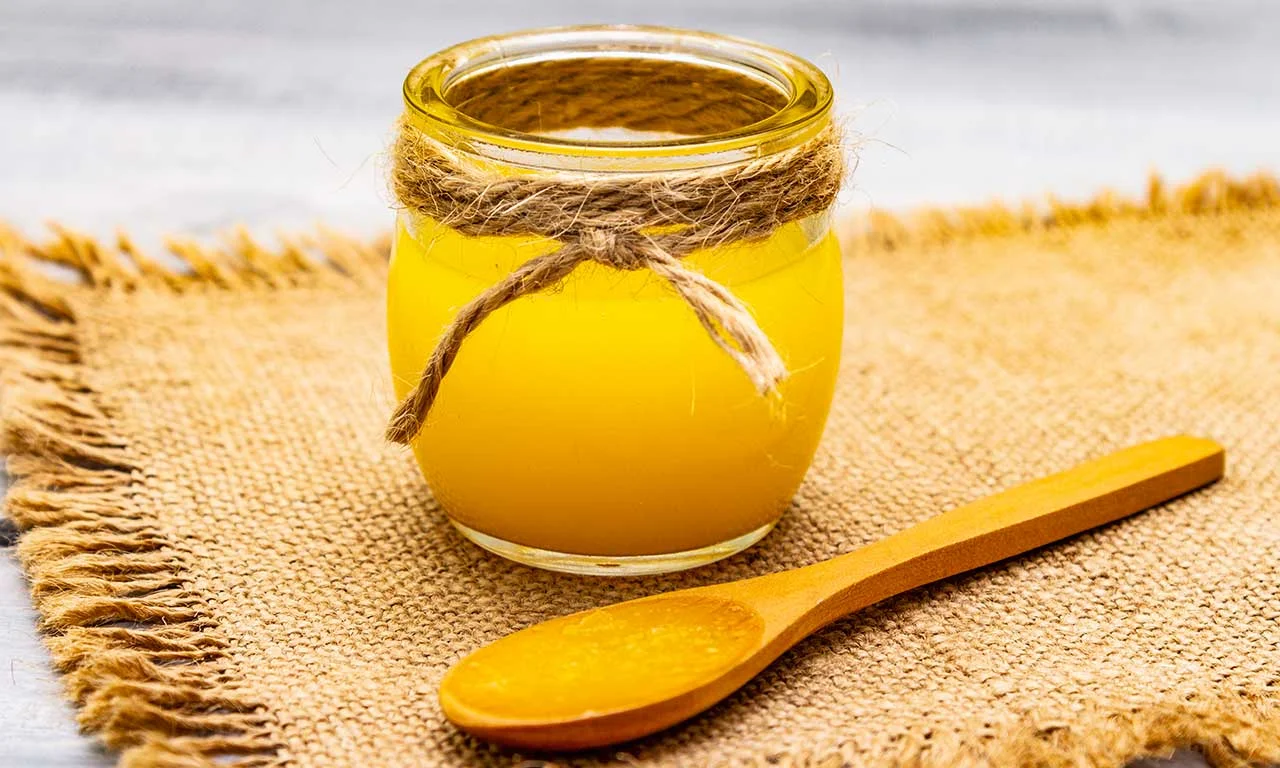If you’re looking for Tupelo honey for sale near me, you’re in luck. In today’s world, where consumers are increasingly seeking natural and wholesome products, there is one particular gem that stands out: raw Tupelo honey. Known for its distinct flavor and numerous health benefits, it is highly sought after.
Take advantage of the chance to experience the pure goodness of raw Tupelo honey firsthand, as there is available honey for sale in the United States.
Is Tupelo Honey Better than Regular Honey?
Tupelo honey and regular honey each have their own unique characteristics and flavors, making it a matter of personal preference as to which one is “better.”
The various factors to consider when choosing between Tupelo honey and regular honey for sale in the United States.
Flavor:
Tupelo honey is known for its soothing taste with floral notes, vanilla hints, and buttery sweetness. On the other hand, regular honey can have a wide range of tastes depending on the flowers from which the bees collect nectar. Some varieties may have a more distinct one compared to Tupelo honey.
Rarity:
Tupelo honey is considered specialty honey because it comes from the nectar of the white Tupelo gum tree, which only blooms for a short period in specific regions. This limited availability contributes to its higher price. Regular honey, on the other hand, is more widely available and comes from various floral sources.
Nutritional:
In terms of nutritional content, both Tupelo honey and regular honey provide similar benefits. They contain carbohydrates, natural sugars, and trace amounts of vitamins, minerals, and antioxidants. The nutritional composition can vary depending on the floral sources and processing methods.
Why is it called Tupelo Honey?
Tupelo honey is called such because it comes from the nectar of the white Tupelo gum tree (Nyssa ogeche). These trees are primarily found in marshy areas and waterlogged regions of the southeastern United States. Their ability to grow in such environments contributes to the unique qualities and flavor of Tupelo, the term derived from the Native American Creek language word “itvlpvlo,” which means “swamp tree.” This name accurately reflects the natural habitat in which the tupelo tree thrives.
Is Tupelo Honey more expensive than regular honey?
Yes, Tupelo honey is generally more expensive. Factors contributing to its higher price include limited availability, specialized beekeeping requirements, the delicate extraction process, and its unique taste. These factors combine to make Tupelo honey a premium and highly desirable product, demanding a higher market price than regular honey varieties.
Is Tupelo honey healthy?
Tupelo honey is generally considered a healthy choice due to its potential health advantages. It contains antioxidants that help fight oxidative stress in the body, contributing to overall well-being. The natural antibacterial and antiviral properties of Tupelo honey may also support the immune system. Also, its smooth texture and natural compounds can provide palliative effects on sore throats and coughs, offering relief during respiratory infections or allergies.
Is Tupelo honey raw?
Yes, Tupelo honey is generally considered to be raw honey which is characterized by minimal processing and filtration. It helps preserve the honey’s natural enzymes, antioxidants, and other health-giving compounds.
In the case of Tupelo honey, it is typically extracted from the honeycomb, strained to remove larger particles, and then packaged without undergoing pasteurization or excessive heat treatment. This minimal processing allows Tupelo honey to retain its uniqueness and gifts.
Why is producing honey challenging?
Producing honey is a challenging process that involves several complexities. Here are some reasons why honey production can be a demanding process:
Bee Behavior and Well-being:
Bees are highly sensitive creatures that require careful management and attention. Beekeepers need to understand their behavior, needs, and natural instincts to create a conducive environment for honey production. Ensuring the well-being of bees is crucial for successful honey production.
Weather and Seasonal Variations:
Honey production is influenced by weather conditions and seasonal variations. Bees need favorable weather, including adequate nectar sources and suitable temperatures, to produce honey. Unfavorable weather patterns, such as excessive rainfall, can significantly impact honey production.
Nectar Availability and Floral Sources:
The availability of nectar-producing plants and diverse floral sources plays a vital role in honey production. Beekeepers must carefully select locations with plenty of diverse flowering plants to provide bees with a rich nectar supply.
Disease and Pest Management:
Bees are vulnerable to various diseases and pests that can threaten their health and honey production. Beekeepers need to implement effective disease management strategies, including regular parasite control and appropriate treatment methods. Maintaining disease-resistant colonies is essential for raw Tupelo honey production.
Harvesting and Extraction Process:
Collecting honey involves choosing the right moment and using the correct methods to guarantee the best possible quality. Beekeepers need to determine when the honeycombs are fully sealed, indicating that the honey is ready to be harvested. Removing honey from the comb and separating it from beeswax is a difficult task that requires specific tools and knowledge.
Labor and Physical Demands:
Beekeeping is an activity that demands physical effort and attention to detail. Beekeepers often need to lift heavy honey supers, wear protective gear, and pass challenging conditions. The physical demands of honey production can be draining but rewarding for those passionate about beekeeping.
Conclusion
If you’re looking to buy raw Tupelo honey in the United States, search for Honey for Sale in the United States on the internet or try typing “Tupelo honey for sale near me”. This highly sought-after honey variety offers a particular flavor and numerous health uses. Producing honey is a challenging process that involves understanding bee demeanor, managing weather conditions, and guaranteeing disease control. Harvesting honey requires careful timing and physical effort. Support beekeepers and experience the extraordinary goodness of raw Tupelo honey.


















